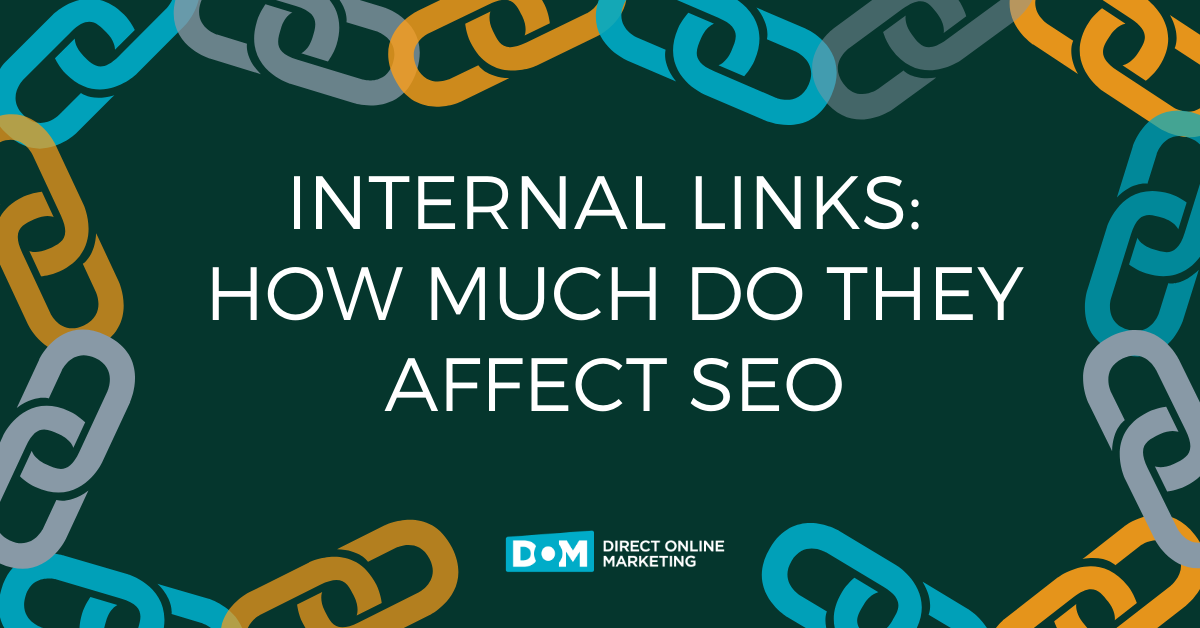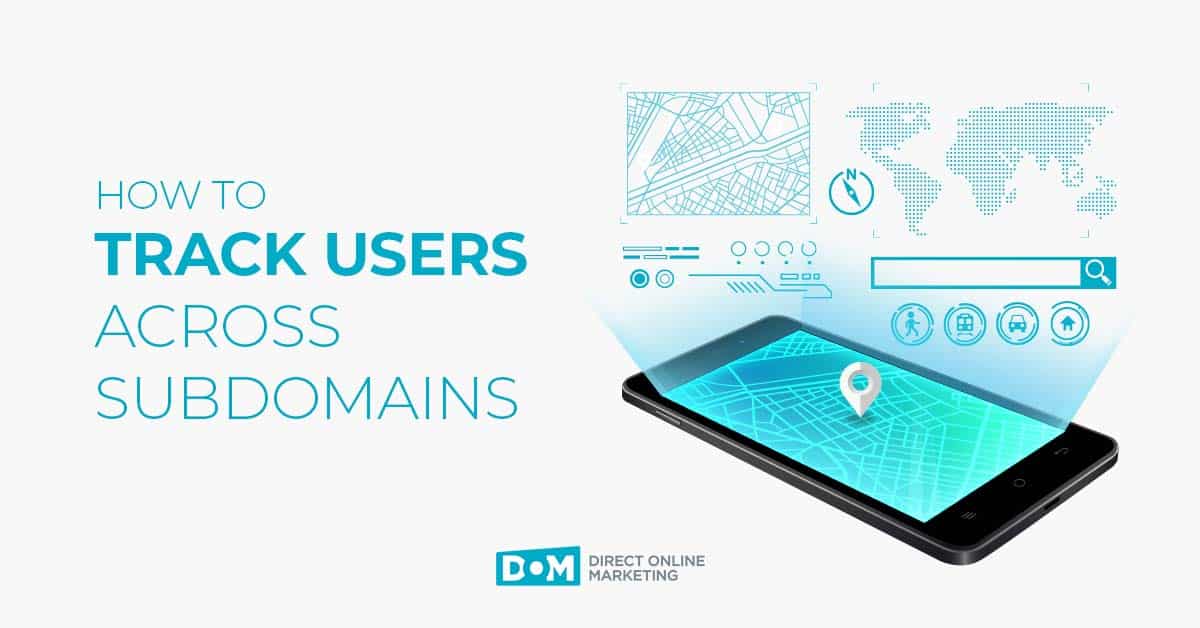
If you think this blog sprang fully-formed like Venus from the ocean, stop right there.
As the old sayings go, nothing in our world is free, the only two guarantees are death and taxes, and you can’t have a search engine optimization (SEO) strategy without a plan. Well, that last one isn’t old, but it’s just as true as the other two!
This particular blog post you’re reading began as part of what we like to call a “content plan.” We do them all the time because we’re experts at content marketing. We like sharing what we know with the world, and writing is its own reward. Plus this stuff is fun to write about. But let’s be honest here: we’re doing this for a reason, and it’s not just because we like the sound of our fingers on the keyboard (but many of us at DOM have mechanical keyboards so it does sound pretty cool).
Are You Really Going to Ask Why People Should Plan Things?
It sounds like a ridiculous premise, but you might be surprised how much stuff gets done in marketing exactly when it’s due—and not a moment sooner. Timelines are flexible and unreliable, even on the best days, and you can’t always guarantee that the work that needs to be done and the work you want to do are the same. If you can’t always do what you want, then at least you can know what you should be doing. If you ever have the question: what should I, an SEO professional, be doing right now? You can simply check the plan.
[checks plan]
Okay, so today we’re writing a blog post about SEO strategy! Writing the post isn’t even the last thing that happens to a piece of content, and there’s a whole lot that has to happen first.
Identify Your Timeline
This is the easiest place to start. You’ll find that a solid timeline can inform the rest of what you do with this plan. Since we focus a lot of our efforts on business-to-business, it’s easier to follow what the business world already uses: the quarter. It’s a nice, bite-sized chunk of time, and you shouldn’t have any problems filling out 90 days worth of work. You might not know exactly what you’re doing ahead of time, or how long you’ll have to do it, but a content plan that covers the entire quarter makes sense for most applications.
You’ll Also Want to Know How Long Things Take
A good SEO plan takes into consideration how much time an average SEO executor spends on a particular task. If it’s going to take somebody all day to write a blog post (and when you’re writing posts over a thousand words long, sometimes they do take a whole day), then you’re not going to schedule for a blog to be written, edited, optimized, designed, posted, and shared on social media all in the same day. That’s not good for anybody’s mood, especially if the same person is doing all of those things.
For instance, here at DOM, we have an actual spreadsheet for how long it takes people to do stuff. If a project manager or, really, anybody, needs to see how long it might take somebody to do something, all they have to do is open the shared document and plan accordingly. Does somebody on your team do something faster than somebody else? If you’re looking at a fast turnover from idea to implementation (it happens), you might need to deploy the faster person. It’s not personal, it’s data!
Identify Your Audience
Yes, we tend to think of audiences as something the PPC side of the house has to worry about, but audiences matter to SEO, too. After all, you have to know who you’re writing to. If you sell tomatoes and you have a blog, you might be interested in talking to other people who sell tomatoes, kind of like what we’re doing with this post about SEO content. But you probably also want to write for that person’s boss, like the head of a ketchup company. An obvious target for your content is going to be your ideal customer, and that’s where the funnel comes in.
Get To Know Your Conversion Funnel
Get cozy with your sales team, because you’re going to need their help when you define your content plan. They can give you some insight on what past and future customers are interested in reading, watching or listening to because the sales team are the ones who talk to potential customers.
The concept of a conversion (or sales) funnel started in the 19th century with a guy named E. St. Elmo Louis (he’s in the Advertising Hall of Fame, so you know he’s legit). The basic idea of the funnel is that a customer starts at the top and ends up “converting” or buying whatever you’re selling at the bottom (or reading whatever you’re giving, or however you like to define a conversion).
The journey of a customer from finding out about your product to buying starts with a big population that narrows as they get closer and closer to converting. The number of people who know about Coca-Cola and the number of people who are actually going to buy a Coca-Cola is vastly different—Coke has enormous brand awareness, which means there’s a lot of people at the top of their conversion funnel.
Your SEO strategy needs to take into consideration everybody at every stage of that funnel. The common wisdom is that the higher in the funnel a customer is, the more broad your keyword choices should be. If you want more people to fill the top of your sales funnel, then “tomatoes” is probably a keyword that makes sense to you.
The further they get down the funnel, the more narrowly you can focus your keywords, which usually means long ones, too. For example, people closer to the bottom of the conversion funnel for your tomato business aren’t just looking to learn about tomatoes, so broader keywords don’t make as much sense as narrow ones. Somebody at the bottom of the funnel already knows about tomatoes, has a use for tomatoes, knows what they need, and is looking for a business like yours in order to buy tomatoes. If your sales folks say they’ve had a lot of luck from, say, pizza companies, then a good bottom-funnel keyword could be “tomatoes for sale for pizza sauce.”
Every stage of your SEO strategy should have one or more keywords associated with it. Keywords are not just good for getting an idea of search intent, but they can also make sure everybody on your SEO team is working toward the same goal.
Stick To The Plan Until You Shouldn’t
Don’t forget why you’re doing SEO in the first place: to improve the quality and volume of organic search results. We all drink from the same trough that says “GOOGLE” on it, and we look to them for guidance. Google has told us that the best way to get higher on their search results pages is to answer a question or fulfill a need.
Your content, and your larger SEO strategy, should focus on the acquisition of organic traffic. Creating a robust plan early on will help you chart your course. Having said that, sometimes you have to pivot. Your plan needs to be flexible. Your plan will change, and you have to be able to change your strategy along with it. Technical SEO, page SEO, keyword research, meta tags—all of these are important and will inform different stages of your SEO strategy. But, like everything else in digital marketing, changes are happening all the time, both in how the search engines work and how we interface with them.
You may not be able to control the wind, but you can always change your sails.
If you want to know more about how we do SEO here at DOM, check out these posts:


